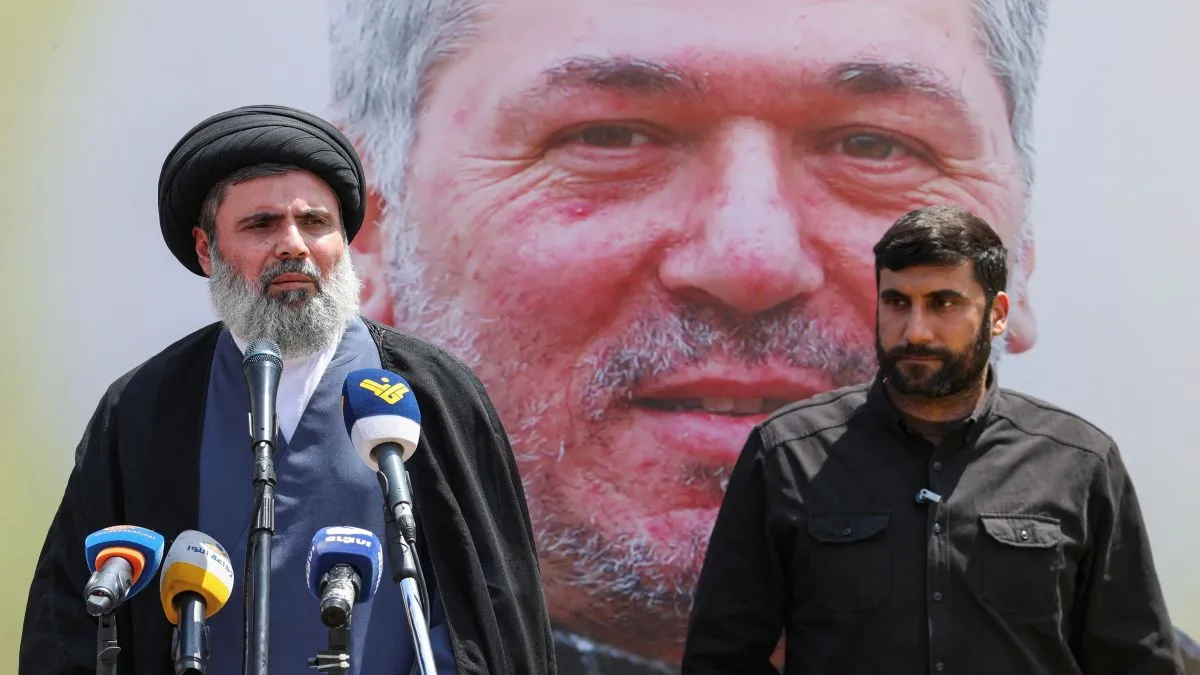Hashem Safieddine: Understanding Israel's Targeting of Hezbollah's Leadership

Hashem Safieddine: Key Figure in Hezbollah’s Future
Following the killing of Hassan Nasrallah, Hashem Safieddine has stepped into the spotlight as Israel intensifies its attacks on Hezbollah. On October 3, the Israeli Defence Forces bombarded Beirut, reportedly targeting Safieddine, who has long been associated with the group since the 1980s.
The Context of the Israeli Strikes
These strikes represent a major escalation in Israel's campaign to dismantle Hezbollah's leadership. Lebanon's capital has faced unprecedented violence, with experts suggesting that identifying and targeting key figures like Safieddine is part of Israel's broader strategy to weaken Hezbollah's operational capabilities.
- Significant Ties to Iran: Safieddine has cultivated close relationships with Iranian officials, enhancing Hezbollah's position in regional conflicts.
- Changing Leadership Dynamics: With Nasrallah gone, Safieddine's role as the new chief raises questions about Hezbollah's future strategy and resilience.
- International Reactions: The situation remains precarious with international implications, as Hezbollah's operations and responses could further escalate regional tensions.
Current Hezbollah Standing
The assassination of key leaders has left Hezbollah at a crossroads. Experts believe the absence of figures like Nasrallah and others such as Ibrahim Aqil creates a power vacuum but does not signal the end of the organization. Current deputies and remaining leaders like Naim Qassem, along with emerging figures, are expected to fill the gap, keeping Hezbollah's operations alive.
As the conflict continues, the impact of these airstrikes on Hezbollah's morale and operational effectiveness is under scrutiny. Analysts warn that while immediate repercussions may be severe, the organization's resilience should not be underestimated.
This article was prepared using information from open sources in accordance with the principles of Ethical Policy. The editorial team is not responsible for absolute accuracy, as it relies on data from the sources referenced.